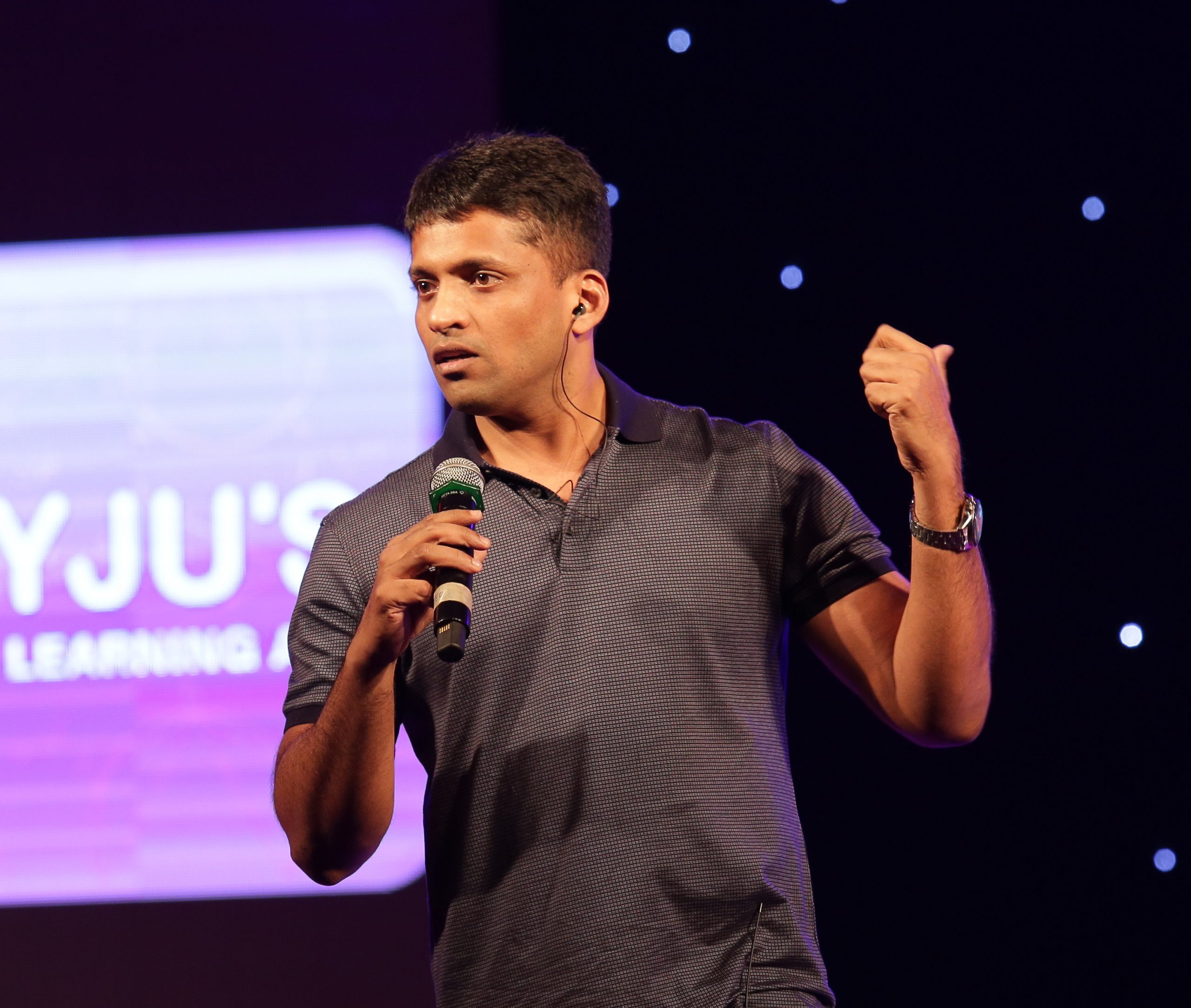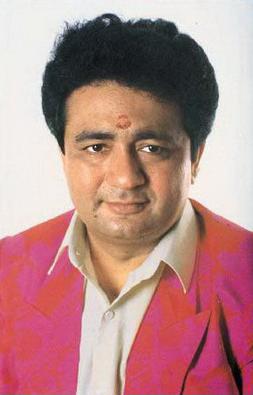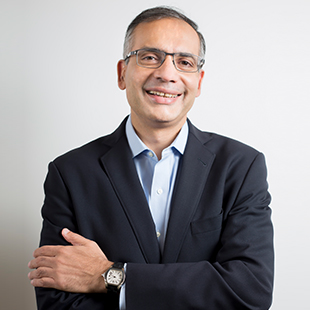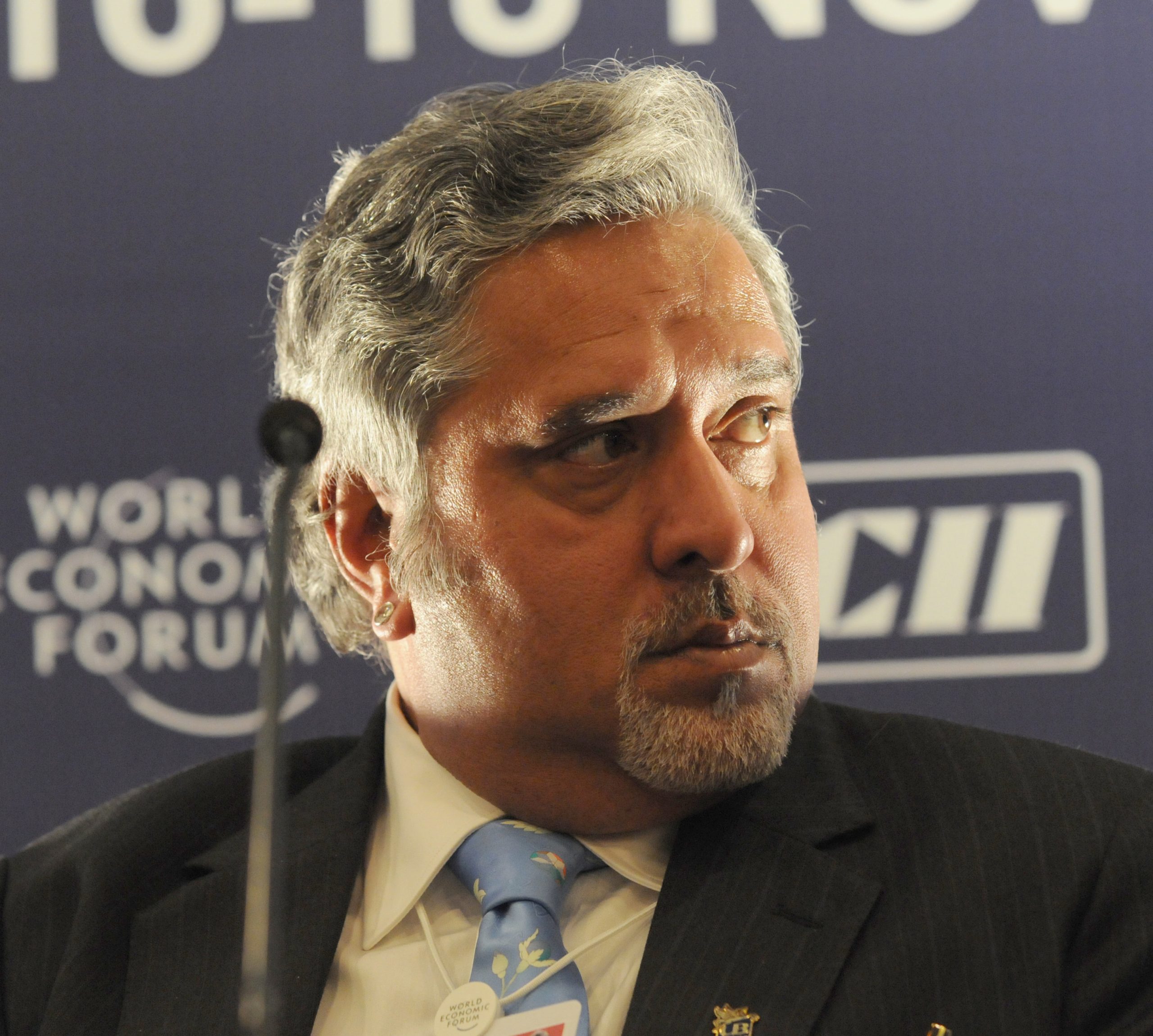Successful entrepreneurs in India are few and far in between. Entreprenuership got a boost, and first happened in the nineties, with the Government embracing liberalism and opening up the economy to global players. The Indian consumer got a taste of foreign goods. They also understood and embraced the concept of consumerism.
And then came the deluge of Indian businesspersons who wanted to tap into the hitherto untapped market. Several entrepreneurs started small but became big. These are indigenous people who believed in the Indian story and grabbed the opportunity when they could.
Top 10 Successful Entrepreneurs in India in 2021
1. Bhavish Aggarwal (OLA)

Everybody growing up in the nineties in India cursed the traffic in the metro cities. Foreign companies wrote full-page features about how this traffic is an impediment. Some also said that cities were growing horizontally, the amount of traffic they had would impede growth. Others wrung their hands over the poor public transport service of the country.
But Bhavish Aggarwal, the co-founder of Ola Cabs changed it completely. Rarely has a company’s product been so popular that the competitors have struck work and made it a political statement. Ola Cabs and other cab aggregators are affecting everything, and it is visible. Right from the air-conditioned buses in Mumbai to the rickshaws becoming more pliant for customers.
2. Byju Raveendran (Byjus)

Byju Raveendran’s Byju’s is proof that the education sector is a massive untapped market and that there’s a lot more that one can do in this sector. The good thing about Byju’s is that they got the funding when they needed it – and turned it all into a holistic aspect and not just a business that’s gaining eyeballs by the minute.
Byju’s mercurial growth has made it the talk of the town, and it has steered clear from the growing and education juggernaut negativity that’s coming from apps that are teaching coding to children. Every other year, we read in the news reports about the next round of funding that Byju’s has won. Raveendran’s idea of e-learning is not new. Several companies have tried it since the nineties. Some even giving out educational CDs if the audience buys a particular book from them.
However, all of that fizzled out but was not entirely unsuccessful. These ideas came on the cusp of the changes that we saw in the digital world. When the CDs were available, people didn’t have a CD ROM Drive. When they had a CD ROM Drive, they also had the Internet and then along came YouTube. Byju’s launched at the correct time when the Internet speeds were best in the country, and the competitiveness came to the fore.
3. Ritesh Agarwal (OYO)

Ritesh Agarwal is a pioneer in India when it comes to the travel industry. Like the others who grew through pain points, Agarwal understood the travel industry needs a complete overhaul. Websites that offered online bookings were gaining fame, so he decided to start something that aggregates hotel bookings, OYO.
Even though OYO might be having hiccups and getting a lot of negative publicity, the truth stands out – it turned out to be a good option for the middle-class Indian who wanted a safe, secure and confirmed hotel room booking anywhere in the country.
The best part about OYO was that it brought about a change in the demeanour of the hotel owners. Online bookings of hotels became a rage. Brand OYO told hotel owners that tourists had an option and they were willing to use it.
4. Vijay Shekhar Sharma (Paytm)

Make no mistake about this, Vijay Shekhar Sharma is fighting it out with some of the behemoths when it comes to payment aggregators. He has the first movers advantage, and his brand Paytm is becoming like Xerox, where Paytm is replacing the verb of online payments. But the brand cannot take a breather, with Google’s GPay hot on their heel and Facebook bringing digital payments into their foray with Whatsapp’s payment function.
Even when compared to everyone else on this list, the going was always going to be tough for Vijay. While others were in the growing markets, Sharma decided to go into the critical and heavily governed digital payment market. The battle for him would have been immense. India wasn’t ready for digital payments. Customer information at its nadir and internet connectivity not at its worst. Sharma needed to wade through tons of paperwork and red tape to create India’s first digital payment system, rushing to the customer before Google Pay made its dent. Now, even Amazon Pay is in the fray and finding it difficult to create a dent in the market, what with Gpay, Paytm and PhonePe dominating the market.
5. Kunal Shah (Cred)

If you ever want a person who can make something boring into interesting, turn to Kunal Shah of Cred. The concept is simple, pay your credit card bills on time, and you get points that you can use for several lifestyle aspects, including stays in premium hotels. There’s absolutely no reason why a consumer would need such an aspect – but Kunal Shah understood the Indian market well. Even people who have the money to pay their credit card bills can sometimes slip up. So, he created a system that reminds you of paying your bills and reward you for that. How that works is something that only Kunal and his team know. Interestingly, Kunal was in the news recently because he revealed that one of his top management has only cleared his 10th grade.
The above is the list of the current top entrepreneurs in India. We look at ones who imbibed the entrepreneur spirit into every Indian and dominated the markets since the seventies.
6. Dhirubhai Ambani (Reliance)

Ambani’s brand, Reliance, isn’t just a brand but a pop culture reference in India. Reliance started a cloth brand and soon diversified into oil, and there’s been no looking back today. Today, Reliance is most famous as a telephony brand, with their brand Jio fighting it out with the best and the biggest for a pie of the telephony pie.
Dhirubhai is the only person on this list whose life has inspired a movie, the Abhishek Bachchan-Aishwarya Rai starrer Guru. Ambani’s sayings and way of doing business have made theirs to several business books. People who have worked with Ambani say that Ambani believed in hiring the best, keeping his trust in them, and letting them do what they do best instead of micromanaging from the top. That concept of his, borne fruit, with the Reliance brands working wonders for the Ambanis and the end customer. Dhirubhai Ambani isn’t just one of the successful entrepreneurs in India. he’s a pop culture reference.
7. Gulshan Kumar (T-Series)

One of these days, we will see a movie that talks about Gulshan Kumar‘s life, a fruit seller who became a music company in India and owns the rights to more than 60 per cent of Bollywood’s music – the late Gulshan Kumar and his brand T-Series. T-Series started with devotional songs and then started producing music of Bollywood songs. In the nineties, when Bollywood movie music was at its best, T Series slowly and firmly grew enough to become one of the biggest brands in the country, if not the world.
Gulshan Kumar is the only person on this list who died under mysterious circumstances. He was gunned down in broad daylight. Legend has it that the death encouraged the authorities to clean up Bollywood and crime in Mumbai and the country.
8. Deep Karla (MMT)

Sometimes, one thinks if there was no Deep Karla, the internet e-commerce boom wouldn’t have happened in India. Before there was an OYO, there was MakeMyTrip, with its prices and assurance that opened up the tourism sector for everyone who needed to get in. On its face, MMT is just a hotel aggregator, but frankly speaking, it was the pioneer in everyday e-commerce. Without MMT, we might still be just having as much confidence in e-commerce as buying a novel that we desperately need to read.
9. Vijay Chauhan (Parle Agro)
Not the Vijay Chauhan that we knew from Agneepath, but it is not like this person isn’t as famous, Vijay Chauhan is the patriarch owner of Parle G, the brand that has been Indian at heart and dominating the FMCG market since the 1920s. The eponymous Parle-G biscuit came sometime in the 1950s.
But the Chauhans have done something that no businessperson in India has done and survived – it fought the cola wars, won it, and then walked away at its peak. Chauhan’s brand, Thums Up, was one of the few beverages available in India and gave tough competition to Coca Cola and Pepsi, as they had a distinctly different taste.
When the cola wars were heating up, Vijay Chauhan sold Thums Up to Coca Cola, thus effectively bowing out of the cola wars. Thums Up still has more than 40 per cent of the market share. The Chauhans also owned Limca and Gold Spot. For some reason, while Limca and Thums Up have returned, Coca Cola refuses to launch Gold Spot in any market. They sold the crown of their business for about six million. But Chauhan’s brands are available all over the supermarket. You need to find out where. All this makes him one of the few successful entrepreneurs in India. Vijay Chauhan is one of the successful entrepreneurs in India who sold his most valuable asset and is still running strong.
10. Vijaypat Singhania (Raymond)
If you ever need to know about entrepreneurs who remained out of the limelight and built a whole empire, read about Vijaypat Singhania. Singhania didn’t start Raymond, but he was instrumental in making it the 360-degree brand it is today. His company, Raymond, has a sixty per cent share in the suitings market. Today, his son, Gautam heads the company. People admire him for his calmness, and knack for staying away from controversy. He is just like his father, flamboyant but under the radar.
Also Rans
These are the successful entrepreneurs who have seen it all and survived to tell the tale. One name is missing in this list. And that’s unfortunate. That name is Vijay Mallya, the liquor baron who took the fight to the foreign liquor manufacturers. Mallya was insanely successful from the eighties to the early 2000s, and doom came in Kingfisher Airlines. He wanted to change the face of Indian aviation. Instead, Mallya had to cut losses. He had to sell his father’s brand. He is at the centre of a controversy that rages across the world.

Summing Up
These successful entrepreneurs in India got their inspiration from many aspects. They took inspiration from our daily activities as well. Booking hotels, making payments, hailing a taxi are all activities that we do in our everyday life, the new age entrepreneur decided to change that – even Byju’s wanted to change the way we take education. The emergence of service entrepreneurs is a stark difference from the entrepreneurs of yore, who didn’t invest in service but product. It also shows that the Indian consumer evolved post the seventies. They didn’t just want to hold what they were paying for, they were ready to pay a pretty penny for something that would make their life easier – for example, a service like booking hotels.
We hope you liked this article about successful entrepreneurs in India. If you are interested in more finance and lifestyle articles, make sure to read our our other articles. Find out about Sandeep Maheshwari’s net worth.























